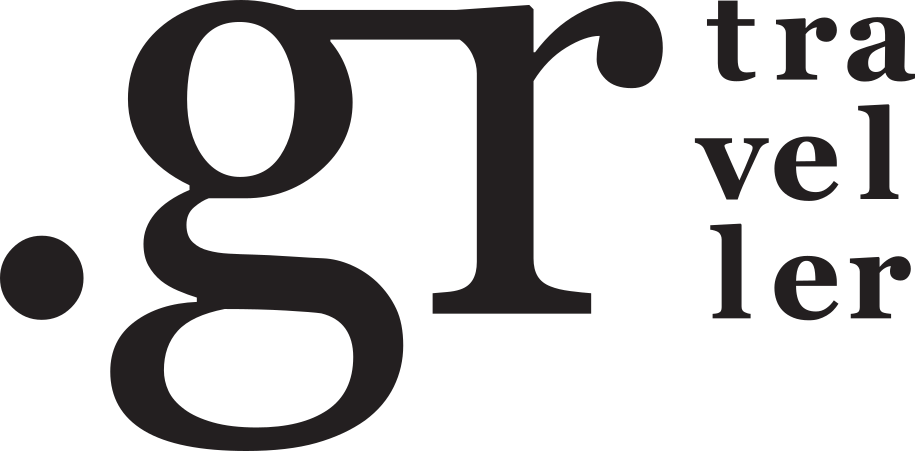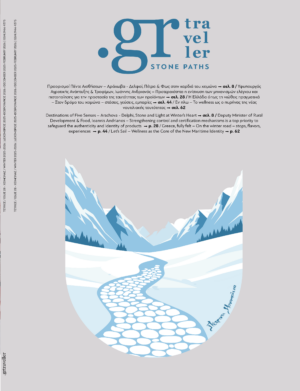The coronavirus raised many legal questions about the obligation to perform civil contracts, civil liability and liability insurance and the need to satisfy any claims.
Our law generally states in the Civil Code that civil tort liability derives from the relevant provisions of the Civil Code (CC) on torts. More specifically, under Article 914 CC , anyone who unlawfully and culpably injures another is obliged to compensate him. Also under Articles 929 and 932 CC, in the case of damage to body or health, there is an obligation to compensate the tortfeasor for property damage, but also for moral damage if a causal link with the tortfeasor’s harmful conduct is proven and, if death is also caused, there is an obligation to compensate for mental suffering. In addition, there is also the “liability of the tortfeasor” (Article 922 CC), which concerns cases of tort liability of an employee in the case of hotel businesses, if it is proven that damage was caused.
Therefore, the major practical issue that arose with the advent of the COVID-19 pandemic was the proof of causality. In the case of hotels, it is difficult to prove causation and the legal landscape is blurred. It is precisely this difficulty in establishing the existence or not of causality that made the need for clarification more urgent and a specific legal framework was needed to define the liability of hoteliers in the event of a COVID-19 coronavirus outbreak.
The state enacted Act no. 4688/2020, ‘Special forms of tourism, provisions for tourism development and other provisions’ (Government Gazette A 101/2020), where the specific provision of Article 60 concerns the health protocols of tourist establishments and states that the civil liability of tourist establishments towards any person directly or indirectly related to the COVID-19 coronavirus does not arise, in the case where the tourist accommodation establishes the application of the terms of the specific health protocols and the injured party bears the burden of proving the damage suffered and the causal link between that damage and the incorrect application of the terms of the specific health protocols.
The plaintiff tourist is required to prove both that he was exposed to the virus within the hotel unit and that the hotel did not comply with the health protocols. In other words, the civil liability of hoteliers as natural persons and of hotels as legal persons concerns the establishment of whether the relevant health protocol was observed and the proof of the causal link between the non-observance of health protocols and the damage suffered.
With regard to the obligation to perform civil contracts, one of the legal issues that has arisen due to the COVID-19 pandemic and the dystocia it has brought with its extensive “lockdown” is that of redefining “force majeure”. In general, it is customary in commercial contracts to have a contractual clause that defines what exactly constitutes what the parties consider to be “force majeure”, what legal consequences are entailed and what actions the parties must take if a “force majeure” event occurs. However, even in cases where this is not expressly provided for, the legislator provides for recourse to its general provisions.
In the family of “Anglo-Saxon law” legal systems and more specifically, initially in English contract law, as is clear from the body of case law, “force majeure” must have been expressly agreed between the parties and reflected as a term of the contract. It is therefore up to the court to interpret the content of the relevant clause of the contract, taking into account the will of the parties. The tendency of the case law as it has developed is very strict in accepting the occurrence of an event of “force majeure”. Under US law, case law tends to recognise more the existence of “force majeure”, but again in exceptional circumstances.
In contrast, the majority of “continental law” legal systems, such as the Greek legal order, recognise the possibility of exemption from the obligation to perform the contract due to “force majeure” or other events beyond the control of the parties, provided that there has been a “drastic and unforeseeable change of circumstances” (Art.388 CC).
As far as liability insurance is concerned, it usually provides cover against third-party claims for damage to property or bodily injury. The legal landscape for insurance cover for losses related to the COVID-19 coronavirus will change as the pandemic, as a result of which insurance claims are being made, develops. Liability insurance and insurance compensation claims can mitigate the extent of the consequences of the damage caused by the pandemic. Alongside liability insurance, bundles of measures such as the activation of state compensation mechanisms help to provide more universal and holistic solutions through the “compensation mechanisms” provided.
Sunday C. Nusia
Lawyer, D.N., Academic
(University of Exeter, UK)
kgn@pklaw.gr
 Georgia P. Karydakis
Georgia P. Karydakis
Lawyer
gpk@pklaw.gr


















